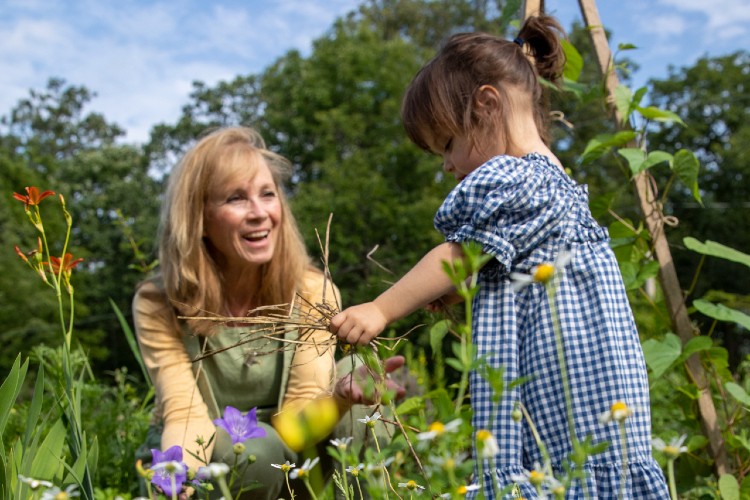The Future of Farming is Female: Partnerships to Improve Services to New York’s Women in Agriculture

Women are significant drivers of sustainable agriculture. Over half of US farmland (and 37% in New York) is owned or co-owned by women, and that number is expected to grow as 400 million acres changes hands over the next two decades. Collectively, women care deeply about land stewardship and want their farms to be healthy, productive, and economically viable for generations to come. But women face systemic barriers to success in agriculture; they’re often relegated to lesser roles in agriculture and representing only a fraction of current USDA conservation grants.
In February, American Farmland Trust convened a virtual forum with partners and landowners to improve services to New York’s agricultural women. The goal was to think strategically about how service providers can work together more effectively to better serve women landowners and improve participation in USDA programs. As partners, we wanted to foster collaborative efforts and leverage our networks to reach more women, make more change, and understand and fill gaps that have let discrimination and bias persist for decades. Breakout sessions focused on research into barriers, multi-level policy efforts, and community engagement. Thirty participants attended from the New York agricultural community representing service providers, landowners, researchers, non-profits, and government.
Research
There is a lack of substantive research on barriers faced by women in agriculture, but growing support to identify service gaps and systemic biases. The first step in regime change is to identify the persistent mechanisms that have allowed women to be underserved for decades. Research into the needs of women needs to be at once cumulative and separate from similar research into other marginalized groups such as BIPOC farmers, beginning farmers, and queer farmers. Each group is distinct with its own sets of needs, history of bias, and barriers. Women need to see themselves represented in successful farm operations and fundamentally understand how to gain credibility in the male-dominated agricultural industry. There are generational, gender, and status divides that all need to be addressed before women can stand on equal ground.
Policy
Healthcare and equitable labor are challenges that are not unique to agriculture but are complex issues that will require policy intervention to improve. Coalitions and agrarian community organizations are potential ways to overcome these burdens through a collective voice. Small farms continue to fall in the gap for funding opportunities, so raising awareness of these farms through storytelling is a critical driver of change. Adopting state policies similar to the Women in Agriculture Resolution recently passed in the California legislature could empower women across New York and be a substantive step towards overcoming decades of bias.
Engagement
Women in agriculture want a community to provide them with technical tools, resources, and peer networks. There are many ways to engage: learning by doing, peer to peer networking events, mentorship programs, and small group education are all tried and true methods of engagement that work well with a female audience. Outreach that is focused on the quality of programming rather than the quantity of meetings or attendees appears to be most successful. Consistency and dependability are key drivers for continued engagement. Honing programming and adopting new technologies is critical to allow for transition and change over time as the needs of the community shift.
To better serve women in agriculture here in New York, partners are also working together to address historic discrimination. Fostering these partnerships and continuing to collaborate will strengthen our impact. Women need to see themselves represented in successful farming operations and want to connect to their larger community to learn and grow. The future of farming is female. It’s time we engaged women in our land stewardship efforts.

